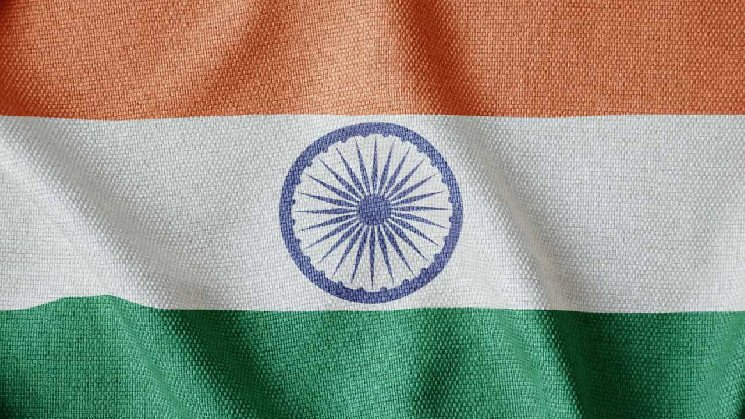India’s Reserve Bank of India (RBI) Governor Shaktikanta Das has made it clear that de-dollarization is not a policy goal for India. Instead, the country is prioritizing local currency trade agreements to reduce trade risks and shield its economy from dollar volatility and global uncertainties. Recent initiatives, such as opening vostro accounts for trade in local currencies and forming agreements with a few nations for currency-denominated trade, are aimed at de-risking Indian trade. Das emphasized the importance of diversifying away from dependence on a single currency, which can be problematic due to appreciation or depreciation.
One of the challenges highlighted by Das is the idea of a common currency for the BRICS nations, which was proposed by one of the bloc’s member countries. Das pointed out the geographical dispersion of BRICS countries as a significant obstacle to implementing a shared currency, unlike the European Union with its geographical continuity. In addition, India’s External Affairs Minister S. Jaishankar has opposed a common currency proposal involving China, emphasizing India’s commitment to maintaining sovereignty in its trade practices.
Das reiterated India’s focus on fostering local currency trade to mitigate risks associated with dollar volatility, dismissing speculation around de-dollarization. He clarified that dedollarization is not India’s objective and is not on the table for discussion. This stance is in line with India’s efforts to de-risk trade and shield the economy from global uncertainties. The comments from the RBI governor come at a time when global currency debates are intensifying, with U.S. concerns raised by President-elect Donald Trump warning of potential tariffs on BRICS nations if alternative currency proposals are pursued.
In conclusion, India is not aiming to de-dollarize its economy, but rather focusing on securing Indian trade through local currency trade agreements. By diversifying away from reliance on a single currency, India aims to reduce trade risks and shield its economy from dollar volatility and global uncertainties. The country’s stance on maintaining sovereignty in its trade practices and opposition to a common currency involving China reflects its commitment to safeguarding its interests. The RBI’s efforts to de-risk trade and prioritize local currency trade come at a critical time in the global currency debates, with the potential for increased tensions and tariffs on BRICS nations if alternative currency proposals are pursued.



















